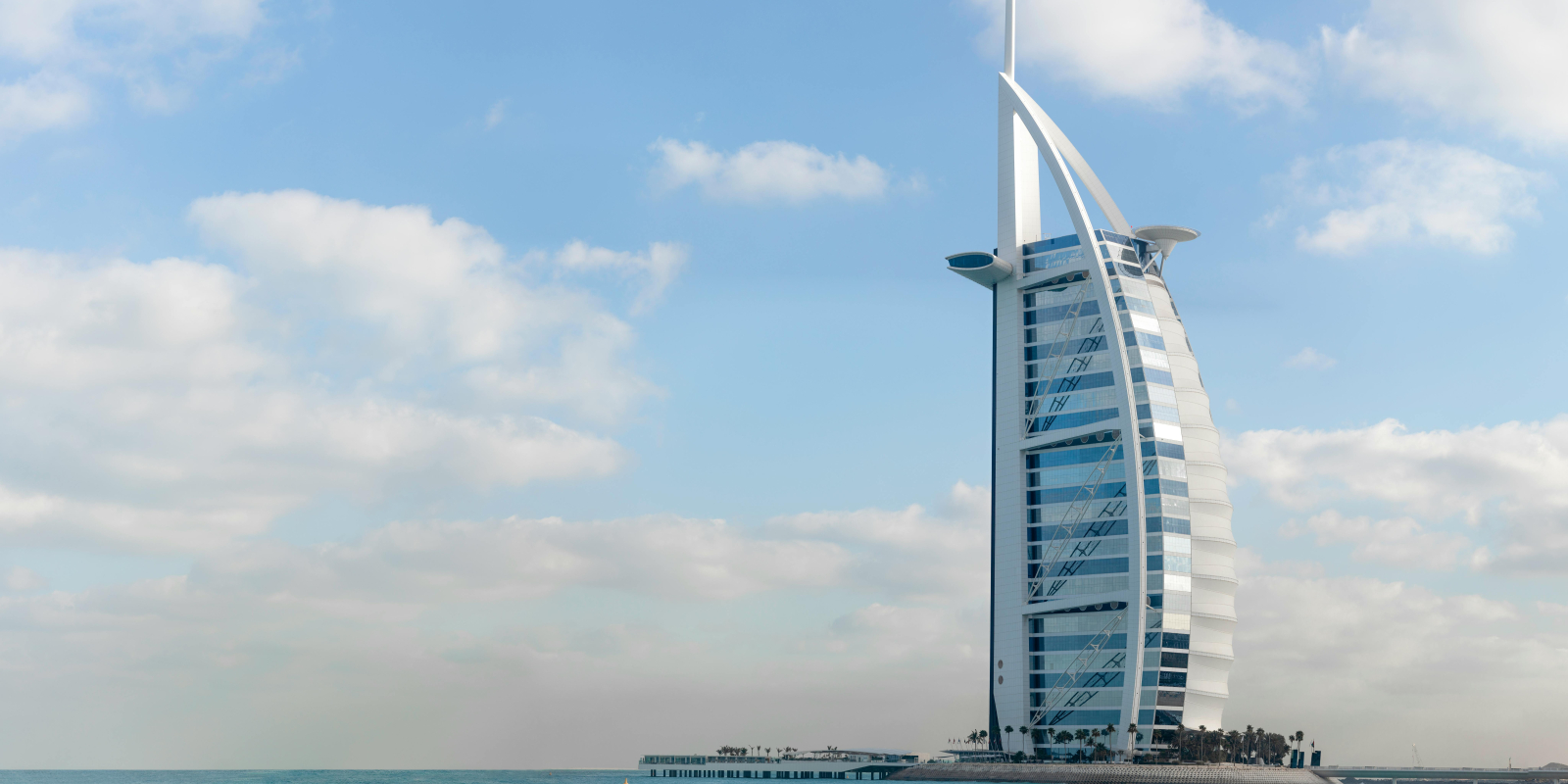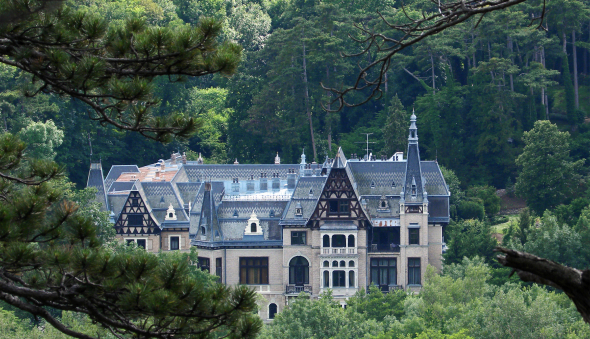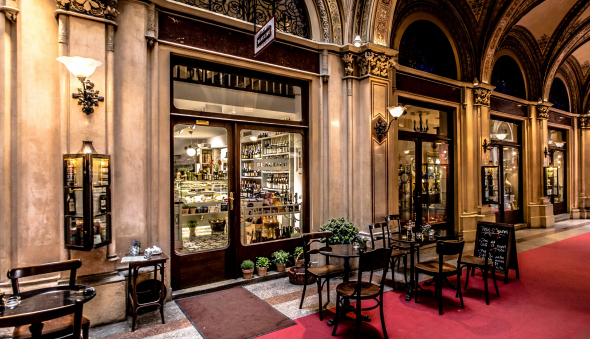UAE
GENERAL INFORMATION

Getting to know the Emirates
The United Arab Emirates is a state in the Middle East, consisting of seven emirates. The capital of the UAE is Abu Dhabi.
The citizens of the UAE are mostly Muslims.
The official language in the Emirates is Arabic, but English is also actively used, and due to the large number of Russian tourists lately, it is easy to meet Russian-speaking staff in hotels, shops and information centers.
The monetary unit is the UAE dirham. 1 dirham (Dh) = 100 fils.
Geography and climate
The UAE is located on the Arabian Peninsula, which borders the Persian Gulf. On land, the Emirates borders Saudi Arabia and Oman.
The climate in the Emirates is dry and hot. Summer is hot, the temperature in the shade can reach 45°C, but in winter it is comfortable 20-23°C.
The least hot, but wetter summers are in Fujairah, as this emirate is located close to the ocean and mountains.
The beach season in the UAE lasts all year round - coastal waters never cool below +20 °C.
Economy and infrastructure
The economy of the UAE is based on the export of oil and gas. Oil production is approximately 2.2 million barrels per day. It was oil that provided the powerful growth of the Emirates economy over the past few decades.
However, other sectors of the economy also demonstrate dynamic development, especially foreign trade. The Emirates act as an economic intermediary between the Far East and Europe, which turns them into an international economic center.
There are 9 airports in the UAE, 6 of which are international. The largest airport in the Emirates is Dubai International Airport. This is one of the busiest airports in the world: it is capable of operating up to several flights in one minute.
The UAE is the undisputed leader in the lists for the quality of roads. And low gasoline prices (especially in comparison with European countries) make driving in the Emirates even more attractive.
The low level of traffic accidents can be added to the advantages of traveling by car - after all, the Emirates is a non-drinking country with sober drivers.
Today, traveling by car is the easiest and most comfortable way to get from point A to point B in the Emirates. However, the government is actively working to improve the transport system in the state. For example, Dubai has already launched a subway, the route of which covers the key attractions of the city and the airport. The metro operates in automatic mode, without a driver - this is the world's largest system of unmanned trains, with air conditioners maintaining a comfortable temperature.
Benefits of living in the UAE
The steadily developing economy of the UAE provides the inhabitants of this state with a decent standard of living and good wages (the average wage level, according to data for 2020, is about $5,000 per month). It is also an attractive region for those who want to run their own business. In the Emirates, only companies engaged in the oil and gas industry, as well as financial institutions, are required to pay taxes.
Medicine in the Emirates is one of the best in the world. For foreigners, it is paid, but the insurance policy covers many services.
An important factor is safety. The UAE is a safe state. Local authorities strictly monitor compliance with laws and order, there are surveillance cameras on the streets, so the crime rate is low here.
Life expectancy for an average UAE resident is 77.8 years (according to the Happy Planet Index 2020).
Education
There are 3 public universities in the Emirates and about 100 private universities. In addition, the UAE has more than 30 university campuses in the UK, USA, Belgium, Switzerland, Australia and even Russia. More than 80 specialties are offered to students to choose from.
Education is paid, but, as a rule, cheaper than in the main universities. Classes are most often held in English. Professors invited from the main university teach. At the same time, graduates receive an international diploma, the place of issue of the diploma is not indicated.
Architecture
The futuristic architecture of Dubai and its scope leaves no one indifferent. This city truly demonstrates the wonders of modern architecture and engineering. Thus, the world's tallest tower Burj Khalifa has 162 floors and reaches a height of 828 m. In addition to countless offices, the tower houses the world's largest nightclub, a huge swimming pool, a mosque and a luxurious five-star hotel.
And not far from the Burj Khalifa skyscraper there is another "record holder" - the world's highest musical fountain, 275 m high. The world's largest harbor, Jebel Ali, completes the list of amazing buildings in the UAE. Initially it was built for utilitarian purposes, but over time, luxury hotels, restaurants and cafes have grown around it, and this place has become a magnet for tourists.

Leisure and development
In a hot summer, shopping centers in the Emirates are a real salvation from the heat. It is not surprising that shopping centers have turned into a separate art form here - they occupy huge areas, and they have everything that the most whimsical customer could wish for, and even more. Huge aquariums, cinemas, spas, fairs, food courts - here you can satisfy any desire.
Dubai loves doing the impossible. And once again, the city has proved this by creating the world's largest flower garden in the middle of the desert - Dubai Miracle Garden. The area of the garden is 72 thousand square meters.
The garden is famous for its copies of famous buildings made of flowers. In addition to chic architecture, gardens and fountains, you can find interesting installations, exhibitions and festivals in the Emirates. The most striking example is the World Expo 2020, which took place in Dubai in 2022.
Pavilions from 138 countries and regions are located on an area of 438 hectares. In its pavilion, the Emirates implemented the theme "Connecting Minds, Creating the Future".
.
Best real estate deals in UAE
Regions:
Actual
News
By sending a message, you thereby accept the user agreement and confirm that you have read and agree to the privacy policy of this website.













